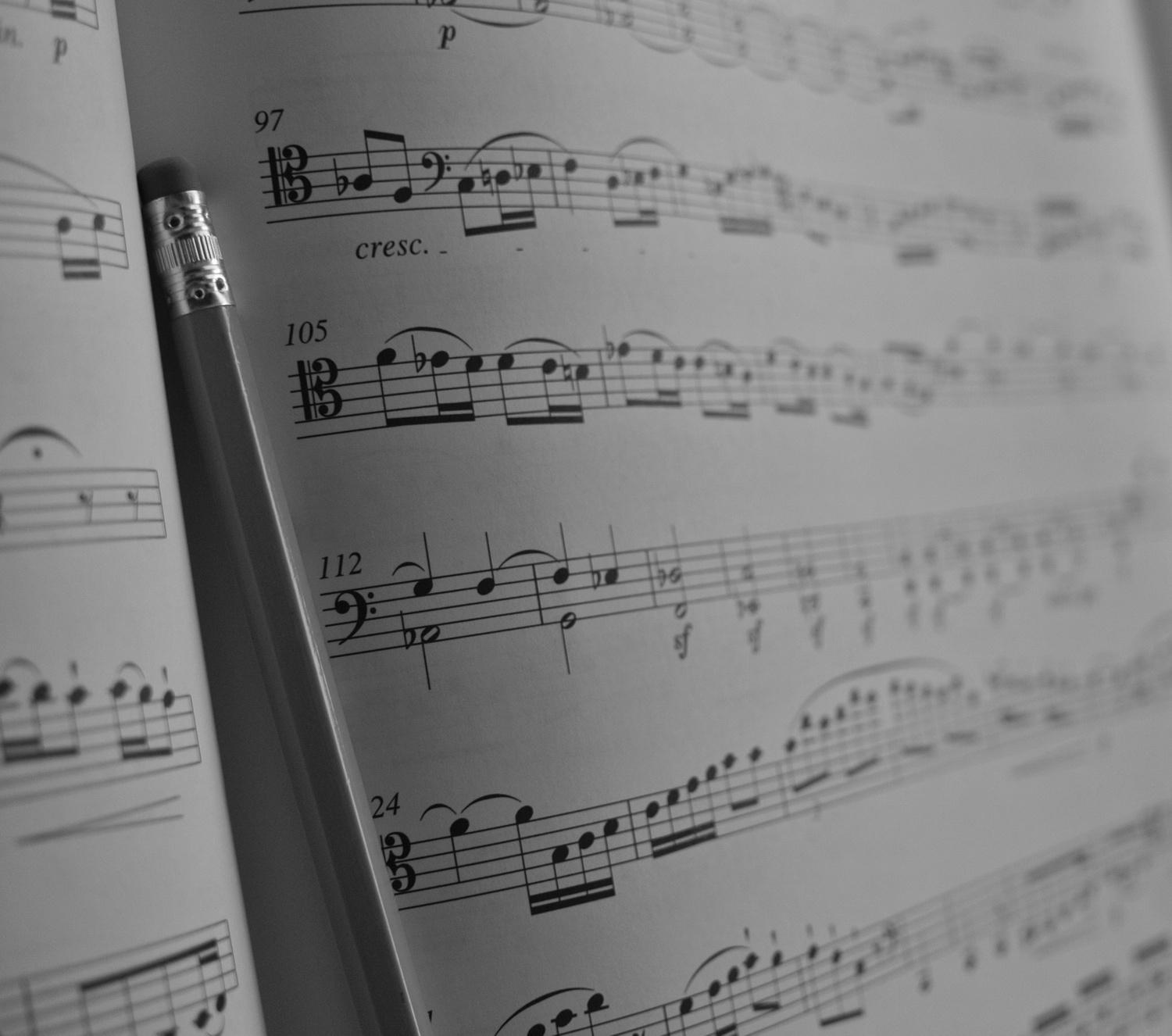Seeing the Big Picture
Last December, Michael Relland, an elementary school music teacher in Phoenix, resolved to perform his first public cello recital in 2013. He has selected compositions that will cover the instrument’s history in classical music.
Got advice for Michael? Post a comment for him below.
September Update:
This is really fun, people: choosing music, location and a pianist collaborator for this recital, which is December 1. The closer I get to the event, though, the more complex these feelings of fun. I am in more command of the notes on the page, but less sure what to make of them, big picture. I am happy to have chosen a space and a feel for the recital, but have no idea how it will come off. The teddy bear I cling to during this anxious time is the music itself. I’ve chosen to live with it for a year, like staring into the same painting and being comforted by what you know it has to offer, whether others see it or not. Of course, I hope everyone can hear how amazing this music is!
Beethoven, Cello Sonata No 4 in C Major, Op. 102 No. 1
Beethoven wrote five cello sonatas and, if you’ve heard his work, you’ll guess that the later you go, the more iconoclastic he gets — the more angst-ridden the tempo, yet also the more delicate and interior the message. This is cello sonata #4 out of five. We are still in awe of what he was trying to impart as his hearing declined into nothingness. It’s clear that it is beautiful. Can I play beautifully and angst-y and delicately? I just don’t know yet!
Shostakovich, Sonata for Cello and Piano in D minor, Op. 40
To modern ears, the Beethoven, though exciting, can also seem very classical — easy for us to hear. Shostakovich is not. I could use the term “angular” to describe his melodies, meaning they don’t always land where you’d expect. The fast movements are FAST (Shostakovich was a pianist, and tended to take everything fast) and the slow movement is so … well, it’s been compared to walking through a bleak Russian landscape in winter. And we haven’t even covered Shostakovich’s love-hate relationship with communist Russia and Stalin, his nemesis. You can hear all this in the music… if I play it well, that is!
Slideshow: Michael’s photo journal
